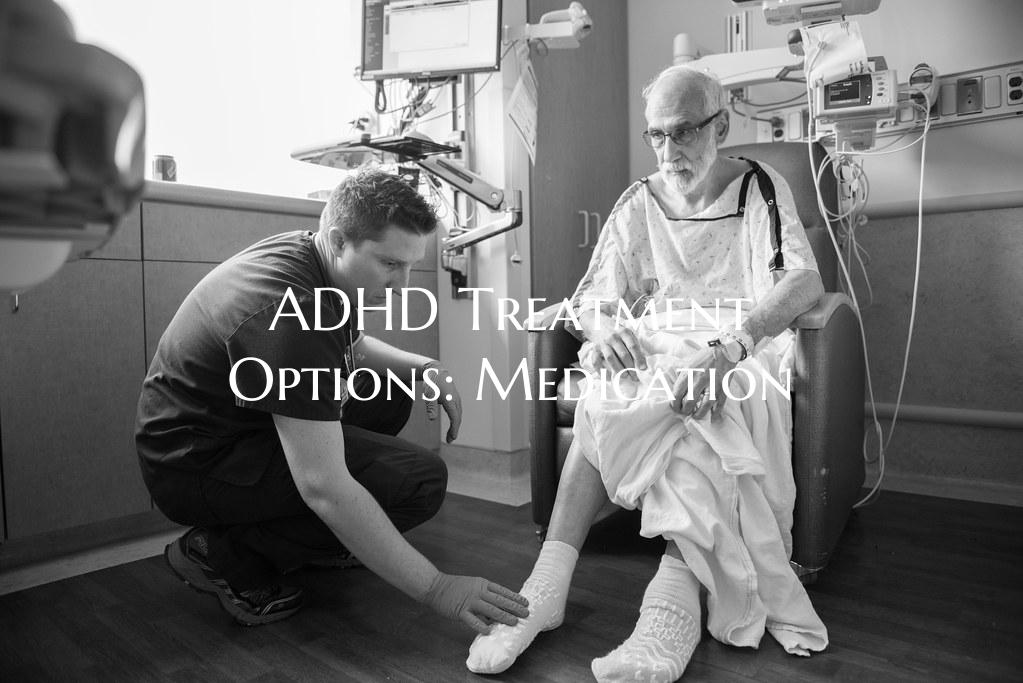
ADHD Treatment Options: Medication
Attention deficit hyperactivity disorder (ADHD) is a common neurodevelopmental disorder in children, but it can also persist into adulthood. For individuals diagnosed with ADHD, managing symptoms is crucial for daily functioning and overall quality of life. One of the main treatment options for ADHD is medication, which can help improve focus, attention, impulsivity, and hyperactivity.
There are several types of medications commonly used to treat ADHD, and the most commonly prescribed ones fall into two categories: stimulants and non-stimulants.
1. Stimulant Medications: Stimulant medications are often the first-line treatment for ADHD. They work by increasing the levels of neurotransmitters like dopamine and norepinephrine in the brain, helping to regulate attention and behavior. Common stimulant medications include: - Methylphenidate-based medications (e.g., Ritalin, Concerta, Metadate) - Amphetamine-based medications (e.g., Adderall, Vyvanse)
These medications are usually taken once or twice a day, and their effects can be felt relatively quickly after ingestion. They are effective in about 70-80% of individuals with ADHD and are generally well-tolerated.
2. Non-Stimulant Medications: For those who do not respond well to stimulant medications or experience side effects, non-stimulant medications may be prescribed. These medications work differently from stimulants and include: - Atomoxetine (Strattera) - Guanfacine (Intuniv) - Clonidine (Kapvay)
Non-stimulant medications are often preferred for individuals with a history of substance abuse, anxiety disorders, or tic disorders.
It is important to note that medication is not a one-size-fits-all solution, and the effectiveness of a particular medication can vary from person to person. Finding the right medication and dosage may require some trial and error under the guidance of a healthcare provider.
In addition to medication, ADHD treatment may also involve behavioral therapy, lifestyle changes, and educational interventions to support individuals in managing their symptoms effectively. Regular monitoring and follow-ups with healthcare providers are essential to ensure that the treatment plan is working well and to make any necessary adjustments.
In conclusion, medication is a valuable tool in the treatment of ADHD, but it is just one part of a comprehensive treatment plan. By working closely with healthcare professionals and exploring different treatment options, individuals with ADHD can better manage their symptoms and improve their overall well-being.